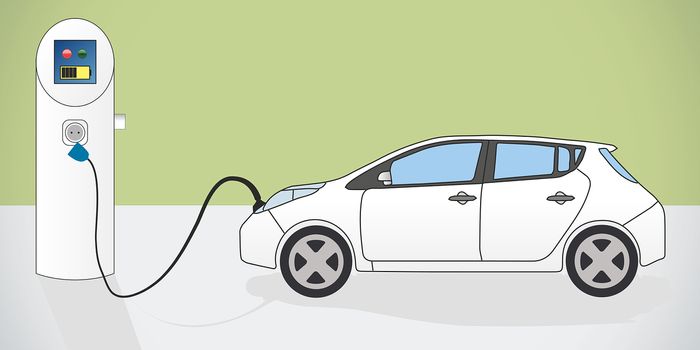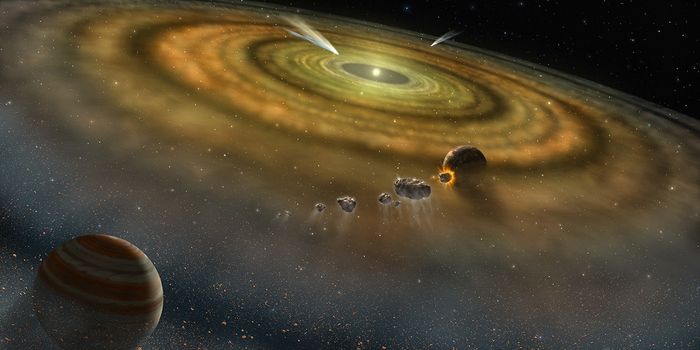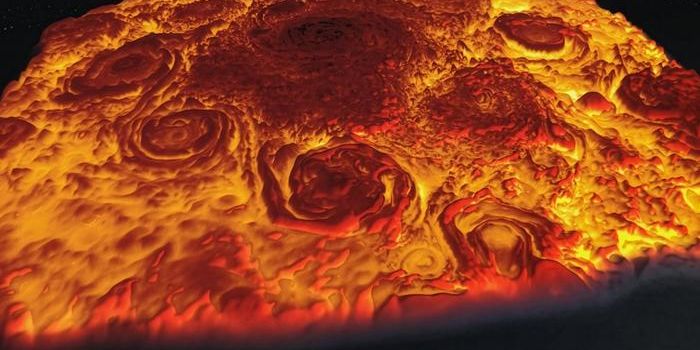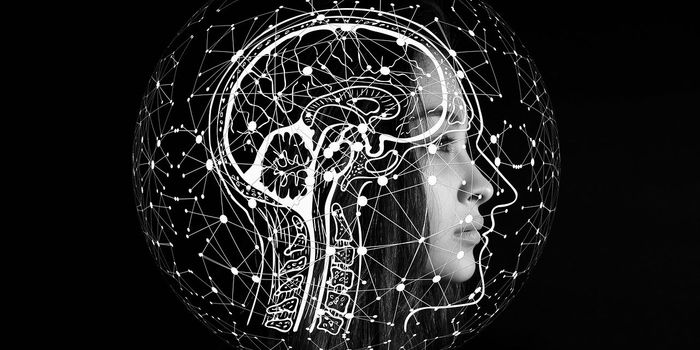Rising CO2 levels will reduce essential vitamins in crops
Rice is the primary food source for more than 2 billion people worldwide. That means that roughly quarter of all people in the world depend on rice to receive their necessary daily nutrients. What happens if that all goes away?
A new study published in Science Advances reports that rising carbon dioxide concentrations which are expected to be reached by the end of this century will cause a reduction in the levels of vitamins that rice will be able to deliver. The study looked at 18 varieties of rice including Japonica, Indica, and hybrids currently grown throughout Asia. They exposed the varieties to conditions where CO2 concentrations were at 568-590 ppm of atmospheric CO2 (the current trend has us reaching 570 ppm within the current century). The scientists conducted the experiments in China’s Yangtze River Delta and near the Japanese city of Tsukuba.
They determined that under such conditions, rice loses significant amounts of vitamins B1, B2, B5, and B9, as well as an average 10.3 percent decline in protein, an 8 percent fall in iron and a 5.1 percent fall in zinc. On average, B1 levels (thiamine) declined 17.1 percent; B2 levels (riboflavin), 16.6 percent; B5 (pantothenic acid), 12.7 percent; and B9 (folate), 30.3 percent. Vitamin B6 levels remained unchanged and vitamin E increased. These vitamins are important for a wide range of bodily functions, from maintaining a healthy brain to enabling normal fetal development, the study reports.
The authors say that these numbers translate into very real consequences for approximately 600 million people who do not have the economic flexibility to switch diets. Asia will be hit the hardest, as nine of the world’s 10 most rice-dependent countries are in Asia
Sources: Science Advances, Science News









